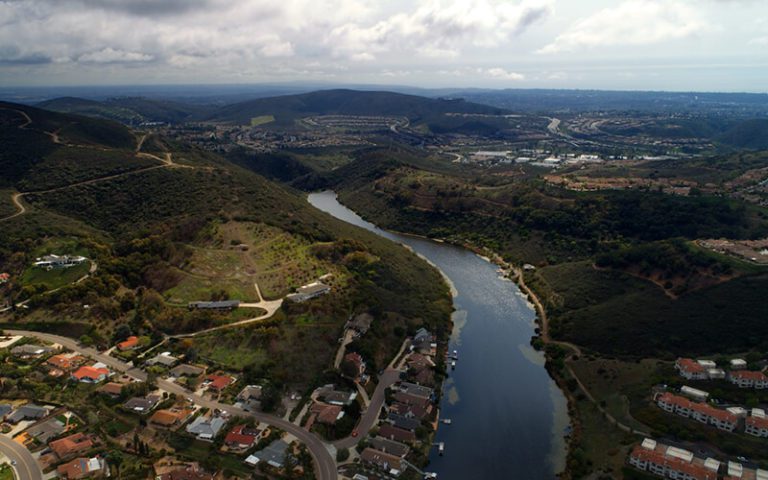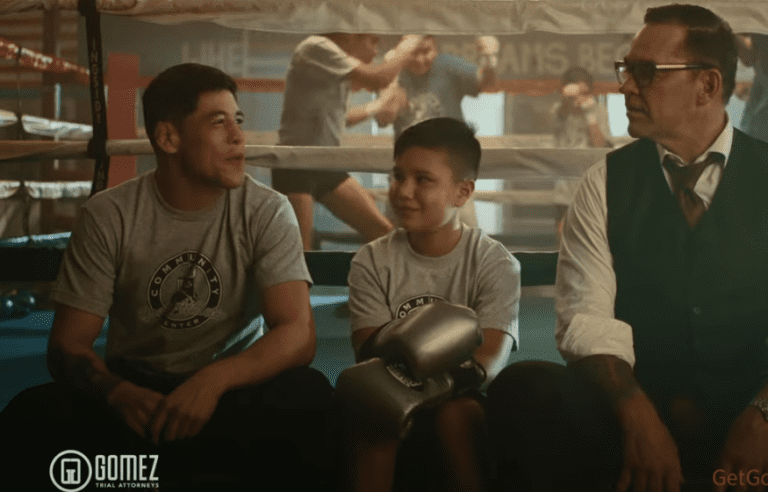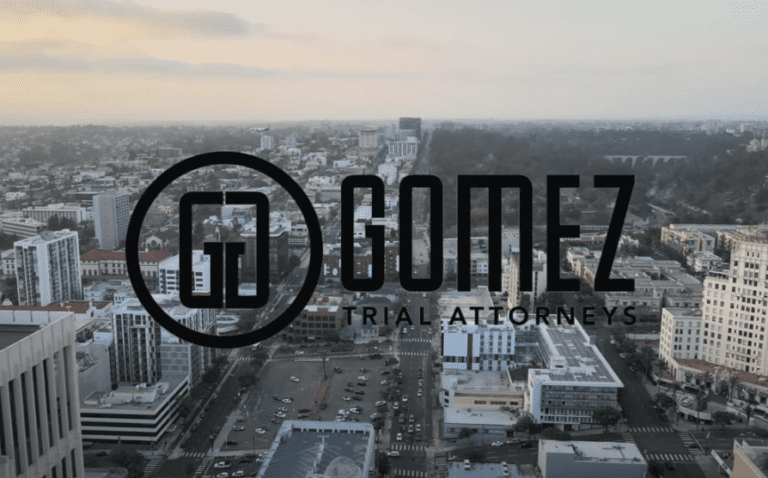[profileleft] [/profileleft]Medical researchers are focusing intensely on the challenge that is traumatic brain injury recovery. The medical science world has learned a lot in recent years with regards to diagnosing traumatic brain injuries. Treating traumatic brain injuries is another matter entirely. One struggle that exists involves measuring the post-injury progress of a patient. Traumatic brain injury recovery remains a mystery in many respects. However, the results of a recent study could point towards progress in managing the process of traumatic brain injury recovery. That study pointed to the quality of sleep patterns in patients who were suffering from this type of injury. If it turns out that sleep patterns are tied to the recovery of patients, it could lead to an advancement in the quality of care for every patient who faces the struggle of overcoming a traumatic brain injury.
[/profileleft]Medical researchers are focusing intensely on the challenge that is traumatic brain injury recovery. The medical science world has learned a lot in recent years with regards to diagnosing traumatic brain injuries. Treating traumatic brain injuries is another matter entirely. One struggle that exists involves measuring the post-injury progress of a patient. Traumatic brain injury recovery remains a mystery in many respects. However, the results of a recent study could point towards progress in managing the process of traumatic brain injury recovery. That study pointed to the quality of sleep patterns in patients who were suffering from this type of injury. If it turns out that sleep patterns are tied to the recovery of patients, it could lead to an advancement in the quality of care for every patient who faces the struggle of overcoming a traumatic brain injury.
About the Traumatic Brain Injury Recovery Study
Researchers in Canada completed the study. Those interested in reading the abstract can find it here in Neurology.Org. The researchers focused on 30 patients who were dealing with some level of traumatic brain injury recovery. The 30 subjects were between 17 and 58 years old. Several different factors, including auto accidents, falls and sports collisions, caused their traumatic brain injuries. While the patients had suffered traumatic brain injuries in degrees of severity that varied, one common aspect they shared was that all of them had spent at least some time in an intensive care unit.
The researchers looked into the mental acuity of the patients before looking at sleep patterns. This mental acuity analysis is currently the most widely used approach in determining the severity of a traumatic brain injury. Specifically, the researchers used what is known as the Rancho Los Amigos scale. The Rancho Los Amigos scale assigns a score between 1 and 8 to patients recovering from a traumatic brain injury. 8 is the highest score, and it indicates the most advanced level of traumatic brain injury recovery.
After the researchers identified the Rancho Los Amigos score for each of the 30 subjects, they studied their sleep patterns. They did so by affixing a bracelet to each of their wrists that monitored their activity levels. The subjects wore the bracelets for 233 days. The researchers found the following:
- Subjects with scores of 5 or below – Patients whose Rancho Los Amigos scores were lower tended to suffer from disrupted sleep patterns. Their sleep-wake cycles were abnormal and they struggled with overall quality of sleep.
- Subjects with scores of 6 or higher – Patients whose Rancho Los Amigos scores were higher than 5 tended to enjoy sleep-wake cycles that were closer to people who were not struggling with traumatic brain injury recovery.
As such, the researchers concluded that the further along the patients were in their traumatic brain injury recovery, the better they slept.
About the Rancho Los Amigos Scale
The Rancho Los Amigos scale is a test that measures the cognitive functioning of people fighting through traumatic brain injury recovery. As stated above, the scale runs from 1 through 8, with a score of 8 representing the most progress. Each of the scores is attached to the following levels of recovery:
- No response – The patient does not respond to external stimuli.
- Generalized response – The patient reacts to external stimuli with nonspecific and inconsistent responses.
- Localized response – The patient responds to external stimuli specifically, inconsistently and with delays.
- Confused, agitated response – The patient exhibits strange and inappropriate behavior and has no short-term recall.
- Confused, inappropriate, nonagitated response – The patient responds appropriately to simple stimuli. He or she responds randomly to complex stimuli.
- Confused, appropriate response – The patient gives context-appropriate, goal directed responses. He or she needs direction. Recent memory problems persist.
- Automatic, appropriate response – Patient acts appropriately in most settings, especially those that are familiar. However, he or she still exhibits judgment that appears to be impaired on some level.
- Purposeful, appropriate response – The patient is generally oriented and responds to stimuli appropriately. However, he or she still exhibits decreased abstract reasoning abilities compared to before the injury.
Those interested in reviewing a full breakdown of the scale can find it here. The scale was invented at the Rancho Los Amigos National Rehabilitation Center in Downey, California. Medical professionals use it often when attempting to assess the recovery of a patient who has suffered a traumatic brain injury.
What the Traumatic Brain Injury Recovery Study Could Mean
The researchers who conducted the traumatic brain injury recovery study stated that their results do not identify concrete conclusions per se. Instead, they recommended that more studies be done in order to further determine the potential link between sleep cycles and traumatic brain injury recovery. For instance, it is not necessarily known if sleep patterns are tied to the score on the Rancho Los Amigos scale or if the opposite is the case. What definitely seems possible, however, is an improved ability to manage the recovery process for a traumatic brain injury patient. In addition, medical professionals could begin to build individualized recovery programs for those who face this difficult challenge.
How Traumatic Brain Injury Lawyers Can Help
Even this study alluded to the fact that some of the subjects suffered traumatic brain injuries because of car accidents and falls. These are two of the leading causes of traumatic brain injuries in the United States. That also means that thousands of people who suffer traumatic brain injuries, or TBI as it’s also known, do so because of the faulty actions of others. As can be seen here and in several other places, traumatic brain injury recovery can be a long, difficult, stressful and extremely expensive process.
People who are forced into this difficult situation because of the actions of others need to do what’s necessary to protect and enforce their legal rights. If you or a loved one has been harmed in this manner, you need to contact the traumatic brain injury lawyers at Gomez Trial Attorneys as soon as possible to schedule a free initial consultation.







